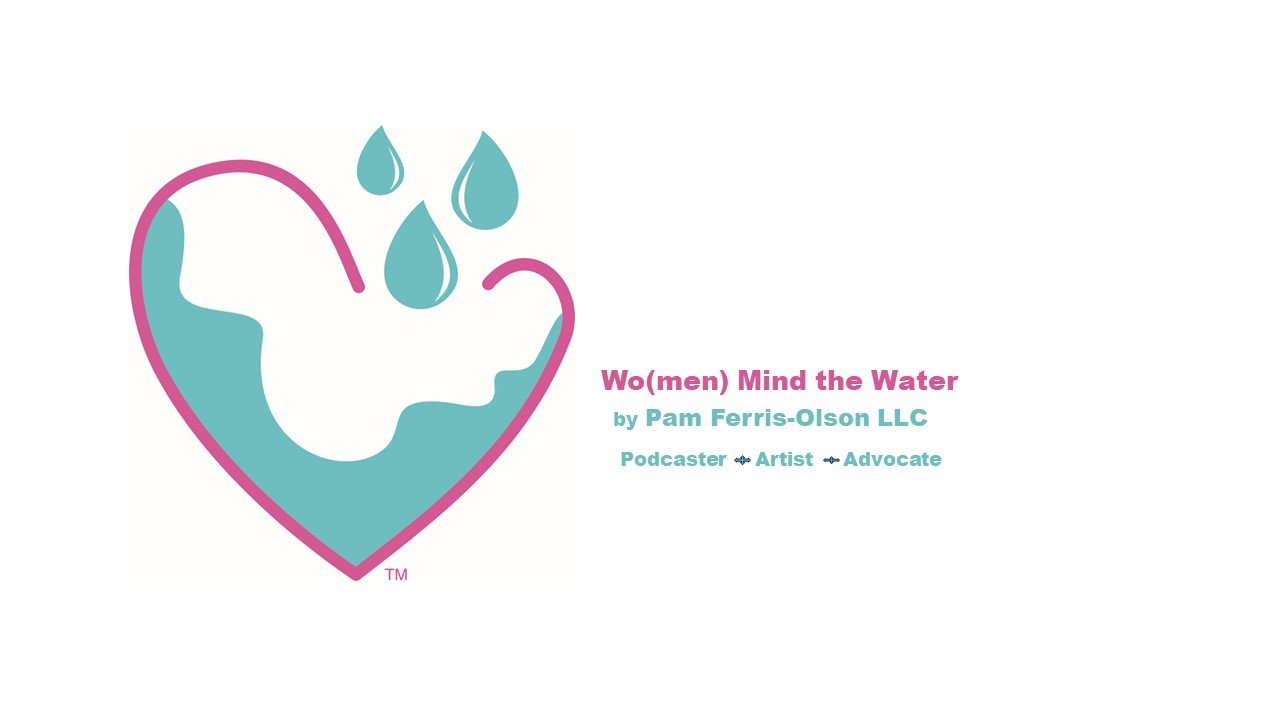Protecting our reefs How they’re doing it in Roatán
Roatán reef (Roatán Marine Park)
Story by Haley P. Stein, Inland Ocean Coalition
One of the world’s premier diving locations is a small island off the eastern coast of Honduras. The island of Roatán is surrounded entirely by a barrier reef, part of the Mesoamerican Barrier Reef System. It is the second largest reef system in the world. With its impressive array of colors and flourishing biodiversity, the Mesoamerican Reef is known to some as the “jewel of the Caribbean.” In recent years, the health of the reef has come under threat from increasing waves of tourism and development on the island, plus disease and other environmental stressors associated with climate change.
Vicki Nichols Goldstein, an avid scuba diver living in Colorado and Founder and Executive Director of the Inland Ocean Coalition (IOC), took the initiative to organize against the negative impacts of human activity on Roatán’s reef. More about Vicki can be found on the Wo(men) Mind the Water Artivist Series podcast series as she was a guest on the podcast. Vicki with her IOC teamed up with local partners on the island, including the Roatán Marine Park (RMP), Bay Island Conservation Association (BICA), and Sun Divers (a dive shop owned and operated by Inland Ocean Ambassador Natalie Schuman), to establish the EcoSafe Sunscreen Coalition.
The EcoSafe Sunscreen Coalition recognizes that petrochemical sunscreens cause significant damage to marine life. Delicate corals and the approximated 25% of marine life supported by reef ecosystems are especially sensitive to petrochemical sunscreens. Their active ingredients disrupt coral reproduction, contribute to coral bleaching, and cause developmental deformities in key species.
Dr. Craig Downs of Haereticus Environmental Laboratory teamed up with the EcoSafe Sunscreen Coalition. Based on the research of Downs and other scientists, the top six harmful petrochemical ingredients in commercial sunscreens are avobenzone, oxybenzone, octinoxate, homosalate, octisalate, and octocrylene.
When people apply sunscreens containing these petrochemicals, the toxins directly or indirectly make their way into the ocean. The active ingredients in the petrochemical sunscreens cannot be removed by wastewater treatment, so that attempts to wash it off are ineffective and the result is cumulative and contributes further stress to the coral reef.
EcoSafe Sunscreen Coalition drafted a petition in Roatán to ban the six harmful chemicals in commercial sunscreens. For passage the sunscreen ban required the collection of 1,000 signatures from island residents. Representatives from BICA and RMP submitted the petition with signatures and over 50 letters of support from local businesses. More than half of these letters of support came from dive shops across Roatán. A final decision on enacting the policy should be forthcoming. The final decision belongs to the Municipal Corporation of Roatán.
Many of the most pressing issues coral reefs face (e.g., hotter waters due to climate change, the spread of stony coral tissue loss disease) are beyond the control of individuals. There are actions, however, we can take to protect the reefs of Roatán, ocean ecosystems across the world, and ourselves. Among them are that individuals wear hats and rash guards, seek shade during peak hours of sunlight, and apply mineral sunscreens, with ingredients like Zinc Oxide and/or Titanium Dioxide.
You may wonder, “How can I help protect coral reefs?” Consider becoming an Inland Ocean Ambassador. There are more than 300 Ambassadors spread across 38 states and just as many countries. The training program presents Ambassadors-to-be with practical tools for ocean advocacy and hopes to inspire them to act in favor of the ocean from anywhere on earth, whether inland or by the sea. The Inland-Ocean movement would love to help you spread powerful messages of ocean conservation in your community.

